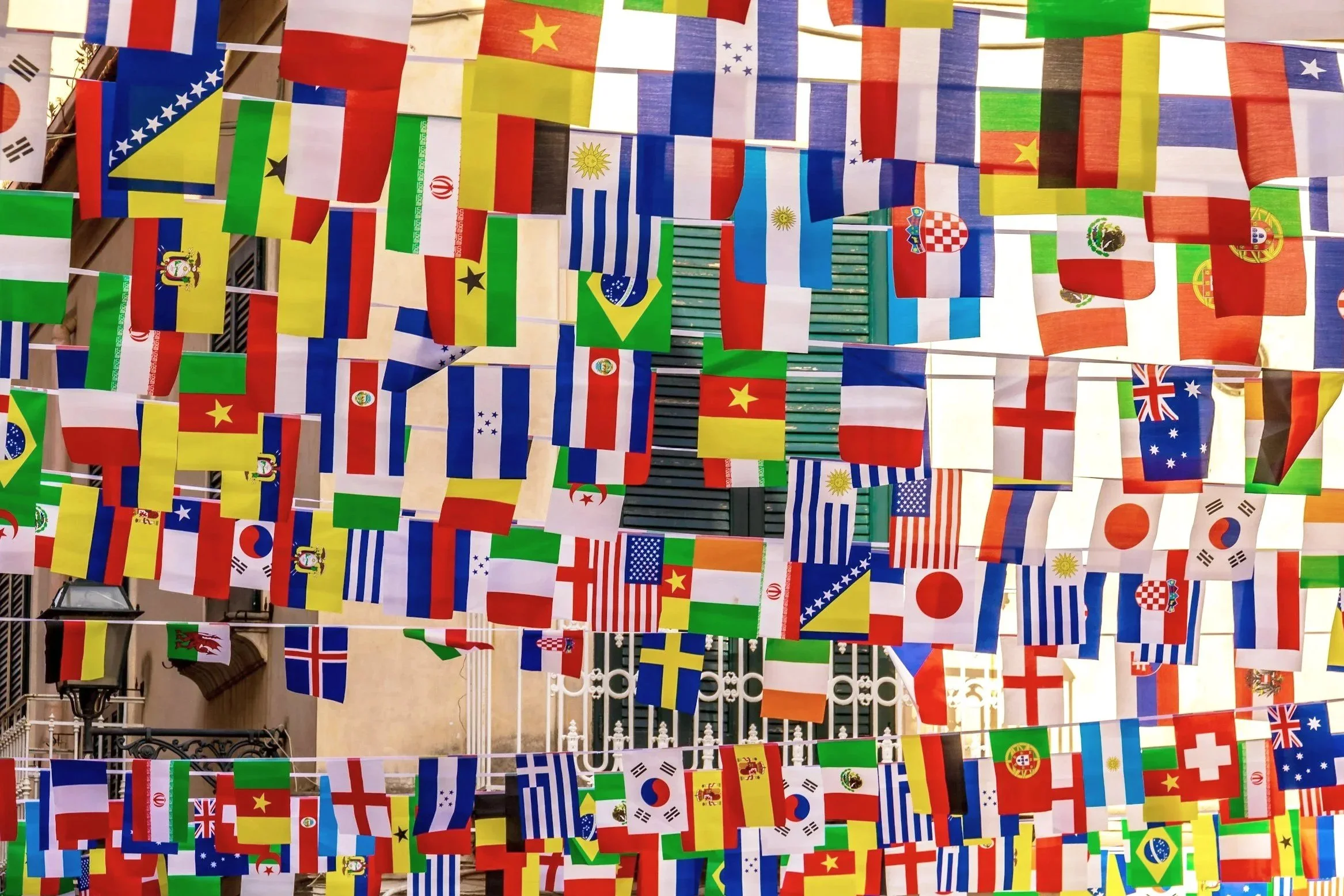
Waivers of Inadmissibility
Helping you overcome obstacles to admission into the United States
When a potential immigrant applies for a visa to the United States, the process may uncover certain facts that appear to make the applicant inadmissible. This can happen while individuals are still in their nation of origin or while in the United States, and it can be heartbreaking for a hopeful individual who has waited years for this opportunity. At Southern Star Immigration, our team is committed to assisting deserving immigrants in overcoming bureaucratic hurdles to achieve lawful status in the United States. For more than 24 years, our team has worked with citizens and LPRs to clear up problems with their loved ones' visa applications through a process known as waiver of inadmissibility.
New help for relatives: Provisional Unlawful Presence waivers
What are the grounds for finding a visa applicant inadmissible?
When a foreign national applies for a visa, either USCIS or the Embassy or Consulate in their nation of origin may discover information, truthful or mistaken, that disqualifies the applicant. Grounds for ineligibility include:
Health-related grounds — The applicant has a communicable disease of public health significance, has failed to show documentation of necessary vaccinations, has a physical or mental disorder that makes the applicant dangerous or is a drug abuser.
Criminal grounds — The applicant has been convicted or admits having committed a crime of moral turpitude, including drug crimes, prostitution and human trafficking, or has multiple criminal convictions.
Security-related grounds — The applicant seeks entry for the purpose of espionage, sabotage or acts of terrorism.
Danger of becoming a public charge — The applicant lacks the health, vigor, education or other attributes necessary to be self-sustaining.
Undocumented entrants and immigration violators — An applicant who has arrived in the United States unlawfully is usually ineligible to adjust status. Likewise, an applicant with a prior negative immigration history may also face problems with admission to the U.S.
Documentation requirements — Immigrants can be prevented from entering the United States if they are missing any necessary paperwork.
Ineligible for citizenship — Any person who is permanently ineligible for citizenship is barred from admission.
Alien previously removed — An alien who has already been deported cannot attempt to return to the United States for at least five years. This period may be longer depending on the circumstances of the case.
Miscellaneous — Persons who have violated certain laws and/or public policies are barred.
Applicants can avoid many of the problems that lead to an initial finding of ineligibility by consulting an experienced immigration attorney prior to filing. However, even well-prepared applications can run into trouble, requiring a clarification of facts or a request for a waiver of inadmissibility.
Filing an Application for Waiver of Grounds of Inadmissibility
When applicants file an application for a waiver of a ground of inadmissibility, they are requesting admission to the United States on equitable grounds. In short, this application is a request for mercy, because without the waiver, an innocent party (a qualifying relative) will suffer "extreme hardship." This extreme hardship might happen because:
The qualifying relative will have to enter or remain in the United States without the assistance of the ineligible relative, or
The qualifying relative will have to return with the ineligible relative to their home country.
The law gives USCIS discretion to grant a waiver based on many mitigating factors, but the ultimate determination is fact-specific and depends greatly on how the facts are presented in your waiver application. The immigration attorney and his team at Southern Star Immigration have the skill and experience to draft a persuasive argument for a hardship waiver.
